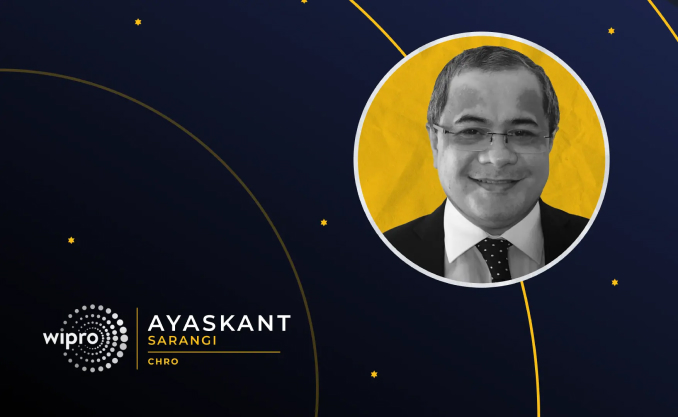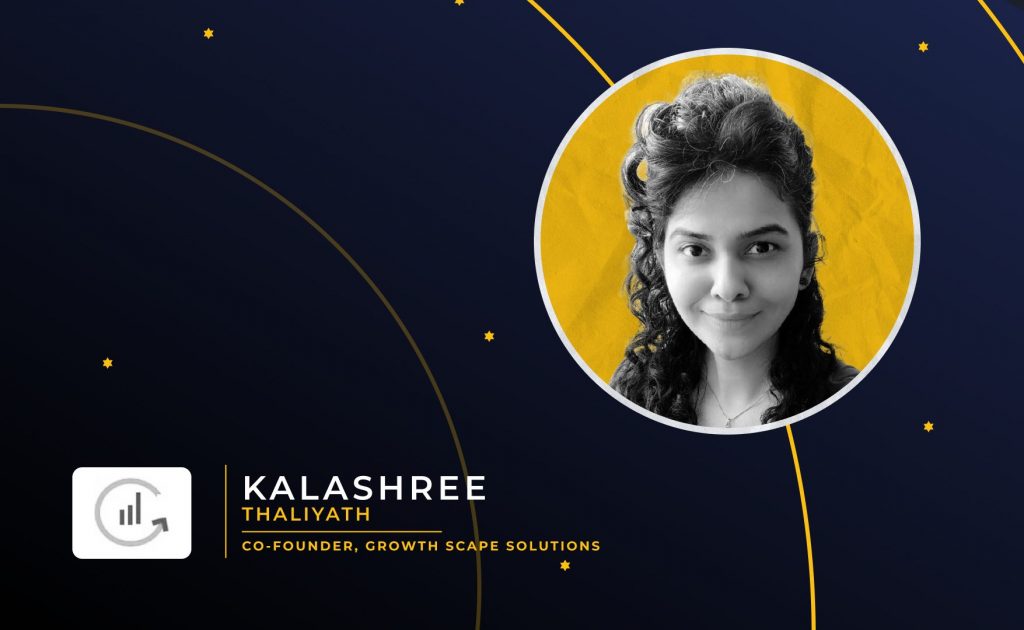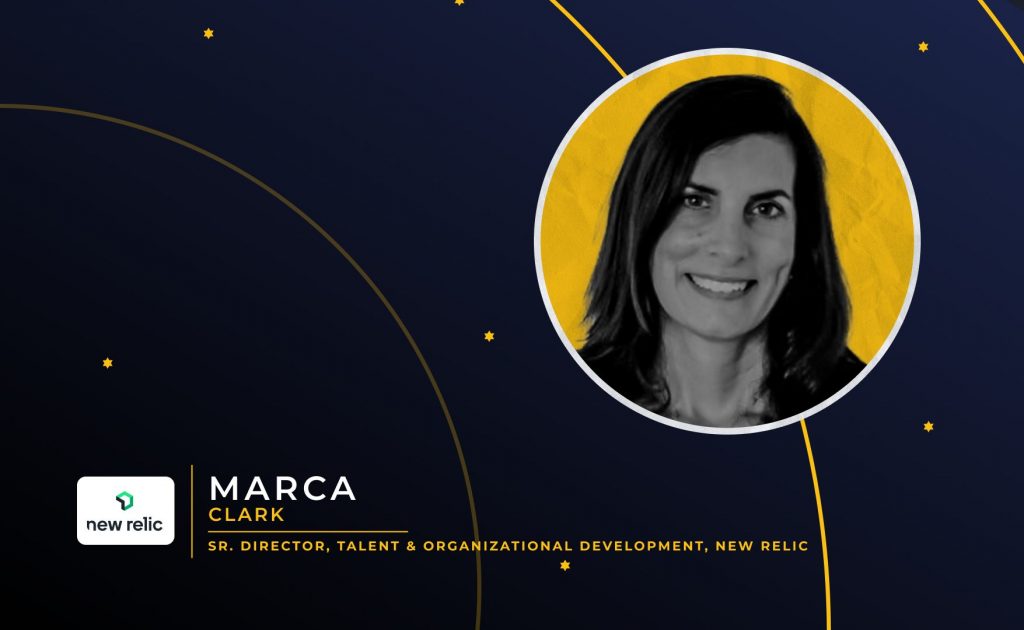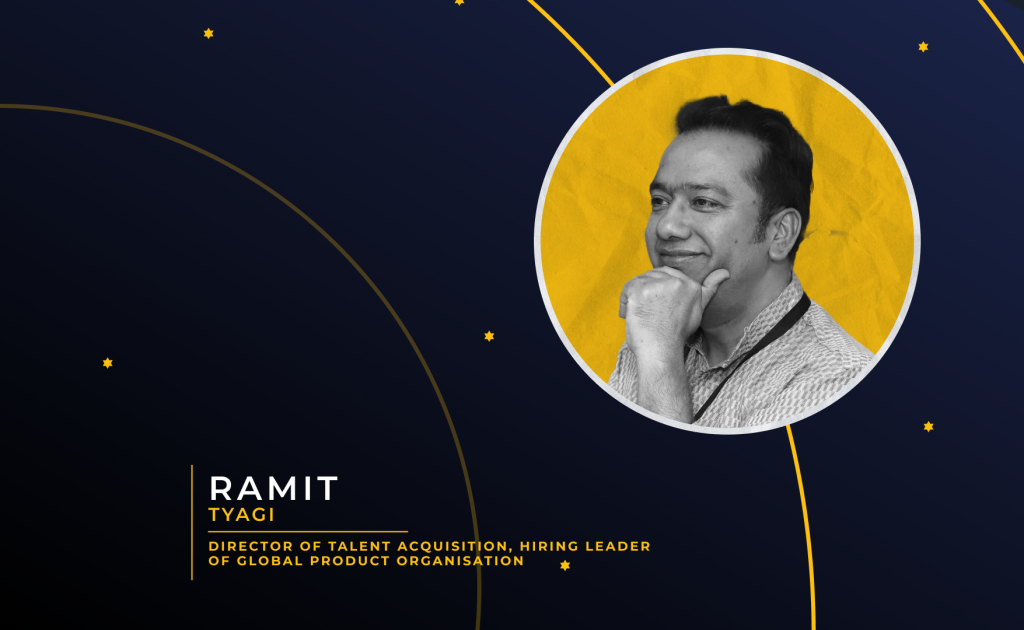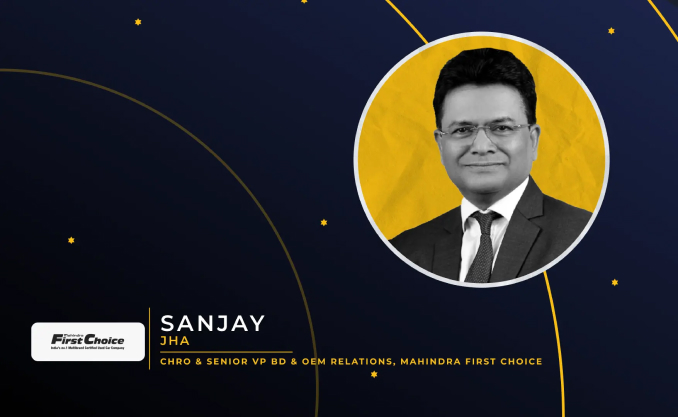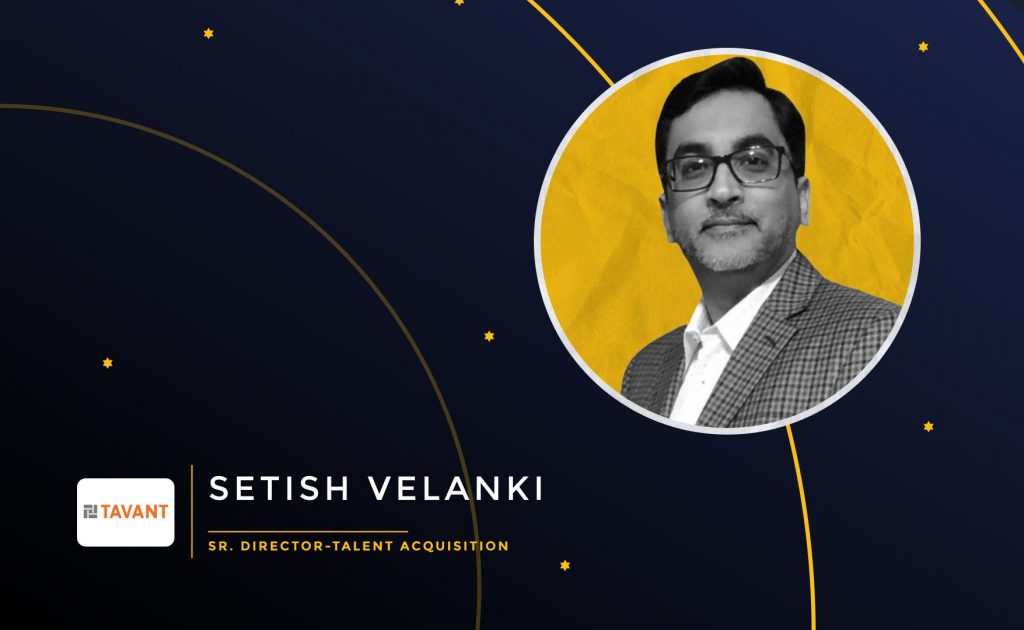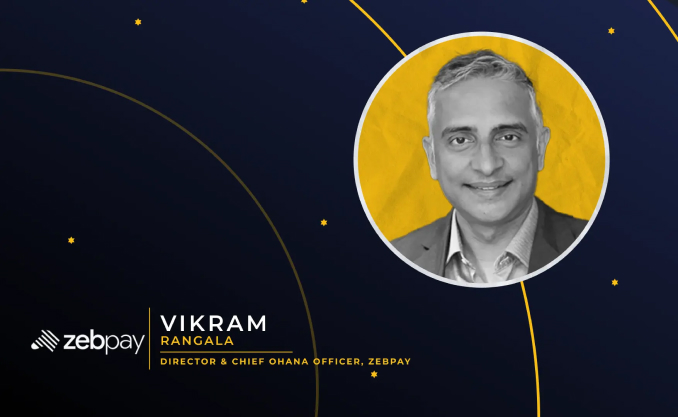Mohini Bansal is the Head of Talent Acquisition at Deqode, an established IT Services and IT Consulting based out of Pune with over 3.3 years of experience in the field of training and development where she started out as an HR executive in an HRDP role.
When it comes to leadership according to Mohini Bansal, “It is important that leaders are empathetic because if you will respect and understand your team members, they will show the same respect and support in return when you need them.”
Mohini Bansal points out how recruitment automation is not a myth anymore and that it is highly affecting the recent hiring trends.
Table of contents
- About Mohini Bansal
- Tasks done on a daily basis
- Strategies for leading team
- Changes in hiring post-pandemic
- Distinction in hiring process between Deqode and other organizations
- Leadership and training of new members
- Work culture at present
- Automated hiring solutions
- Adoption of AI in India
- The best part of being an HR
- Advice for the younger generation
Hey Mohini! Before we begin, could you brief our readers about yourself and your role at Deqode?
Yeah, sure. I started working with my current organization three years back. It’s been about 3.3 years and I’m working with Deqode, which is an IT firm based out of Pune. And when I joined this organization, I joined as an HR executive HRDP role. And later I got another possibility to work as a head of talent acquisition. And then again, I got an opportunity to work as Head of HR.
My journey with this organization is amazing. To think I got so much learning and so much exposure, I am really grateful for it. Of course, I think it’s always two ways when you work in an organization and the company gives you an opportunity and you also put a lot of effort from your end.
My experience with Deqode has been very good. Prior to this, I was working with Skillventory. I started my career there and I worked there for 2.5 years. So, there I was looking after recruitment into the BFSI domain, and then I switched to the IT industry with this organization. So, now I’m working in the IT industry and it’s wonderful to be in this industry.
What would you best describe your job at Deqode? What all do you do on a day-to-day basis?
Now since I’m heading HR, I also have to look after talent acquisition since I have the entire team to manage. My job here is to understand the business requirements we have in terms of resources and then deliver the same requirements we have to our team to ensure that we are able to fulfill and meet the requirements of our business. So that’s one part of talent acquisition. I would say my job is divided into parts where 70% is talent acquisition.
Apart from that, my role is to engage with the management team to understand how things are going in the IT industry, what are the trends coming up, how we can understand the market focus, and what is the business focusing on for the next quarter so that we can plan out our talent acquisition status. We plan out the resource allocation. I also look after some operational employee engagement.
Since you're leading an entire team by yourself, what strategies do you prefer in your hiring? Anything in particular that you might want to discuss?
I think it’s really important we understand the business requirement before we start scouting to look for talent. That is the first and foremost step. So, my strategy is always to first understand the business requirement, what kind of talent or what kind of skills we are looking forward to fulfilling while looking for talent, and then to start doing some research on that.
What can be the best market to look for such talent as a skill set, maybe to look for such companies where we can map a good talent from. Before we start scouting for talent, I always suggest my team to get some research done on the requirement we have, and then they start sourcing, and the further process goes on such as interview scheduling and shortlisting. This is in terms of recruitment.
When it comes to other parts of HR, of course, the strategies have to be different.
What would be some of the most impactful changes post-pandemic for your industry in terms of hiring as well as retention?
I think it impacted the IT industry overall. If I talk about it in terms of business, I think it has given me an immense opportunity to explore. And it was really difficult to hire talent in the initial days of the pandemic. There’s a huge competition and we being a mid-sized organization, it is not very easy to recruit talent from the market today because of stiff competition.
I think if you have to attract talent, there are 3 important things to work upon.
First is, of course, you have to provide good culture. Second, you have to work on your infrastructure. And third, provide a good package. So, I think we are trying our best to work on all 3 parameters.
In terms of culture, I think I would say that we have worked hard to provide an accessible and inclusive work culture where people feel positive about their work.
And in terms of interest, I think we’ve already started planning a few things.
In terms of good pay, we have tried matching the salary offered to candidates as per the market standards.
So, I think these are the three parameters that you have to consider while recruiting talent.
Any specific distinction that you see between Deqode and the organizations you have worked with in the past concerning the hiring process?
I will not be able to compare my current organization and my previous organization because the industries were very different.
My previous organization was an RPO and I was working for BSSI clients over there. It works differently from the IT industry. In the IT industry specifically, this is my first experience with Deqode but as far as the difference between Deqode and other IT companies is considered, I could say that Deqode is a place where you get a lot of learning, a lot of exposure, and financial growth.
I think for me every individual has a different motivation factor to work. I personally always look for a place where I should get a lot of learnings and a lot of exposure and with that, I should be able to get good financial growth as well. According to me, these things are really important and which Deqode fulfills.
I am not in favor of organizations that promote micromanagement and where the increments are also limited, but at Deqode it’s quite flexible. I mean it could give a lot of flexibility in your work and here we even do not have any specific policy that will go to give the increment on a percentage basis which is really good. If you are a performer there is no limit to your growth here.
How are you training new managers? What are they expected to do with their teams? Is there a difference when you're hiring for a senior leadership role?
I would say that we always try that our managers are trained enough to understand people’s problems. I think that is very important and they have to be empathetic towards the team because if you respect and understand your team members, they will respect you and they’ll support you whenever you need them because we all need the support. They will, say, extend their working hours when there are tight deadlines to deliver to clients.
What is your understanding of work culture?
I think everybody’s definition of work culture is very different. For me, I would say we are following the culture of working hard and partying harder at Deqode. When it comes to work, we believe that you should be doing it with full dedication and effort. So, our expectations from ourselves in terms of performance and delivery are high. But when it comes to parties, there is no limit as well.
Whatever task and deadline have been assigned to you, you should be able to deliver that. However we do not follow any specific 9 to 5 schedule, we are flexible that way. That’s quite plausible. People do start as per their convenience and end as per their convenience as long as work gets done.
There are no policies in recording the working hours of employees. We don’t follow that. We don’t believe in micromanagement. It’s a very friendly environment. My team always try that we are able to listen to our colleagues, understand their problems, and give the resolution because sometimes it happens that being in HR, you have a lot of other work and that you’re not able to talk to people, but we at Deqode ensure that consistent communication is not an exception but a norm.
We always try to have quick 1-1 catch-ups. Maybe if we are lacking something somewhere suggestions are welcomed and we try to work on them.
Does Deqode prefer automated hiring solutions?
We do prefer even before COVID came into the picture. I thought before that it was challenging because we were following a lot of manual processes in hiring. But slowly and gradually we tried getting processes automated. I would not say that we have used any particular platform but we tried doing it internally with our in-house coders and developers.
To some extent, I think we have already done that. But still, the internal team is trying to build a platform, which can ease our work. Very recently we have decided to try recruitment automation software. The plan is that we would like to consider automation more extensively in hiring.
Do you think the Indian market has openly embraced it or the adoption is slow?
I think the Indian market has already embraced it. I’m not sure about other industries but specifically, if I talk about the IT industry, if I talk about my experience or maybe with whom I have connected in my network, I think in most of the organizations they’ve already addressed the concern. So, I would say that the acceptance has been very fast.
I would like to know from you what is the best thing about working as an HR? What do you like the most about being a part of this industry?
Okay, so being into HR, I think it gives you happiness. I would say that when I was in my college and I was about to decide my career and profession that I wanted to go into, I always thought that whichever profession I’ll be going into, I’ll be looking for three values: beauty, benefits, and good. So, beauty is, of course, the interest you have in doing a particular project, a job which you would like to be a part of. The benefits part of it is that the profile should be giving you good financial security and third, it is good enough to help you contribute to society.
You can do something for people. So, I think HR is a profession that gives you these three values. It gives you good money, it gives you a good position and it allows you to help people because of course when you go into talent acquisition, we are helping out people to get into a good job. So somewhere it contributes to society, I would say. So that is my major reason. That’s why I am into HR.
Lastly, what advice would you like to give other HR professionals?
Everybody is aware of what they have to do in their career today. But still, I think I would just say that we should keep putting in effort and keep giving our best. It helps us build the foundation for our future. So, just keep going and keep doing your best at whatever you do.








